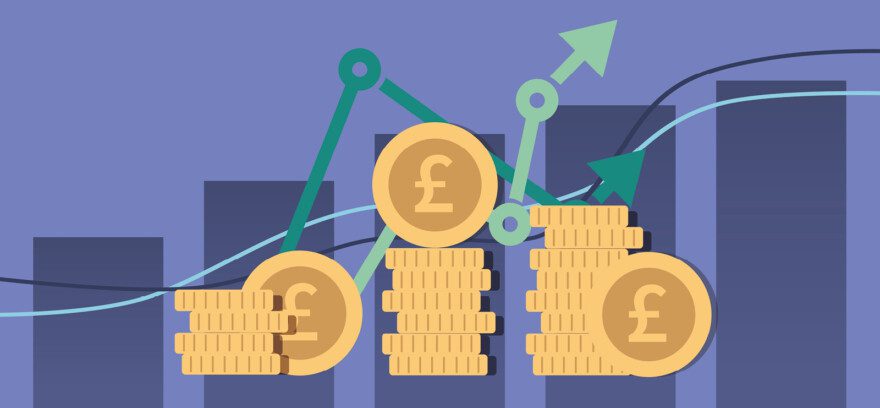UK markets pulled back from near record highs this week with the FTSE 100 Index falling by 1.05% to trade at 7,775 points at the time of writing.
Economic data released this week showed that UK wages grew at the fastest rate outside the pandemic period at the end of 2022, bolstering the Bank of England’s resolve to keep rising interest rates to curb inflation.
Average pay in the three months to November was 6.4% higher than a year earlier, the Office for National Statistics said on Tuesday. However, wage growth was much stronger in the private sector than in the public sector, at 7.2% compared with 3.3%, a gap that will further increase the discontent between striking public sector workers and the Government.
The Office for National Statistics said 467,000 working days were lost because of labour disputes in November, the highest number since 2011. UK inflation fell for a second consecutive month in December after hitting a 41 year peak of 11.1% in October.
Data released on Wednesday showed that inflation declined to 10.5% in December, down from 10.7% in November. However core inflation, which strips out volatile food, energy, alcohol and tobacco prices remained unchanged at 6.3%.
House prices weakened further in December as higher borrowing costs and economic uncertainties dampened buyer demand and sales activity. Consumer sentiment fell in January for the first time in three months, returning near to historic lows.
Retail sales in the UK unexpectedly sank 1% month-over-month in December of 2022, following an upwardly revised 0.5% drop in November, and compared to market forecasts of a 0.5% rise, as rising prices and the cost-of-living affected sales volumes.
Commodity markets
In the commodity markets, Brent Crude futures traded around $86 per barrel on Friday, close to levels not seen since early December, as investors grew optimistic about a recovery in global demand. Global oil demand is set to rise to an all-time high in 2023 as China relaxes its Covid-19 restrictions, in a move that according to the International Energy Agency, may push oil prices higher in the second half of the year.
The International Energy Agency also stated that the evolving impact of Western sanctions on Russian oil threatens to constrain supply in its first monthly oil report of 2023. OPEC echoed a similar view, saying the demand for oil will rise by 2.22 million barrels per day, or 2.2% in 2023.
Gold traded above $1,930 an ounce on Friday, its strongest level in nine months, on expectations that the Federal Reserve will begin to slow the pace of interest rate hikes. Markets are currently expecting the US central bank to downshift to a smaller 0.25% rate hike in February after delivering a 0.5% increase in December.
US equities
US equity futures were little changed on Friday, after the major averages posted losses on Thursday, as investors continued to assess the outlook for growth and monetary policy. In Thursday’s regular trading session, the Dow Jones Industrial Average and the S&P 500 Index both fell 0.76%, while the Nasdaq Composite shed 0.96%, as investors turned their backs on Equities over concerns regarding a looming recession.
Recent data showed US retail sales, producer prices and industrial production fell more than expected in December, increasing fears of a slowdown in the world’s largest economy. The number of Americans filing new claims for unemployment benefits fell by 15,000 from the previous week to 190,000 on the week ending January 14th, the lowest in four months and well below market expectations of 214,000.
This further consolidated evidence of a tight US labour market, despite the Federal Reserve’s aggressive tightening path last year, challenging market bets that the US central bank will halt its tightening path before reaching the forecasted terminal rate of 5.25%.
Federal Reserve officials reiterated their commitment to tighter monetary policy this week, stating that rates would need to stay elevated for a further period to cool inflation.
The information provided in this communication is not advice or a personal recommendation, and you should not make any investment decisions on the basis of it. If you are unsure of whether an investment is right for you, please seek advice. If you choose to invest, your capital may be at risk and the value of an investment may fall as well as rise in value, so you could get back less than you originally invested.
